Review: Smile (2019)
Francisco Fernández Andrew’s Smile that has just competed at Ca’Foscari Short Film Festival is a comedy blended with different sub-genres of crime-, action-, and thriller movies.

Francisco Fernández Andrew’s Smile that has just competed at Ca’Foscari Short Film Festival is a comedy blended with different sub-genres of crime-, action-, and thriller movies.

Xiuzhen has to make a difficult choice whether to tamper with priority lists and endanger someone else’s life so she could save her daughter’s…
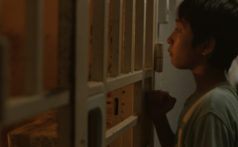
The writer/director Shoki Lin aims, rightfully so, at contrasts between the worlds of the children and the adults. The feeling is amplified by characterizing Adam as a quiet boy in a busy, loud city like Singapore, which is highlighted by a sound scheme full of city murmur.
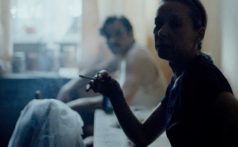
Ornaf opens way too many topics to explore over the course of the runtime, making the whole film cryptic and oddly muted in communicating its significance to the audience.
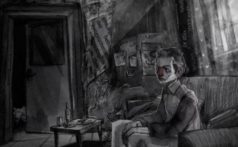
Maghout and his small team have created the uniquely unpleasant feeling of being lost and suffering without even a notch of exploitation of their characters.
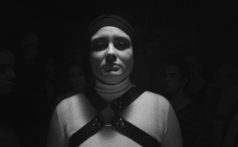
The Ink Doesn’t Dry seems both old-timey and contemporary. Its stark black and white colour scheme serves as a nod to the modernist tendencies of the late 50s and early 60s, especially when combined with different types of hand-held shots and the notion of rawness in the editing department.
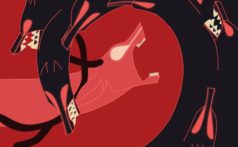
The lack of dialogue is substituted by sound design and the music in the style of the 90s pulsating electronica, while the editing handled by Zoltan Horvath is spot on.
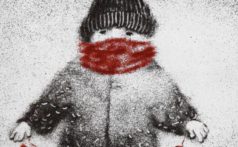
The titular region in Russia, dividing Europe and Asia, is special for our narrator, since she considers a Soviet military settlement in South Ural to be her childhood home.
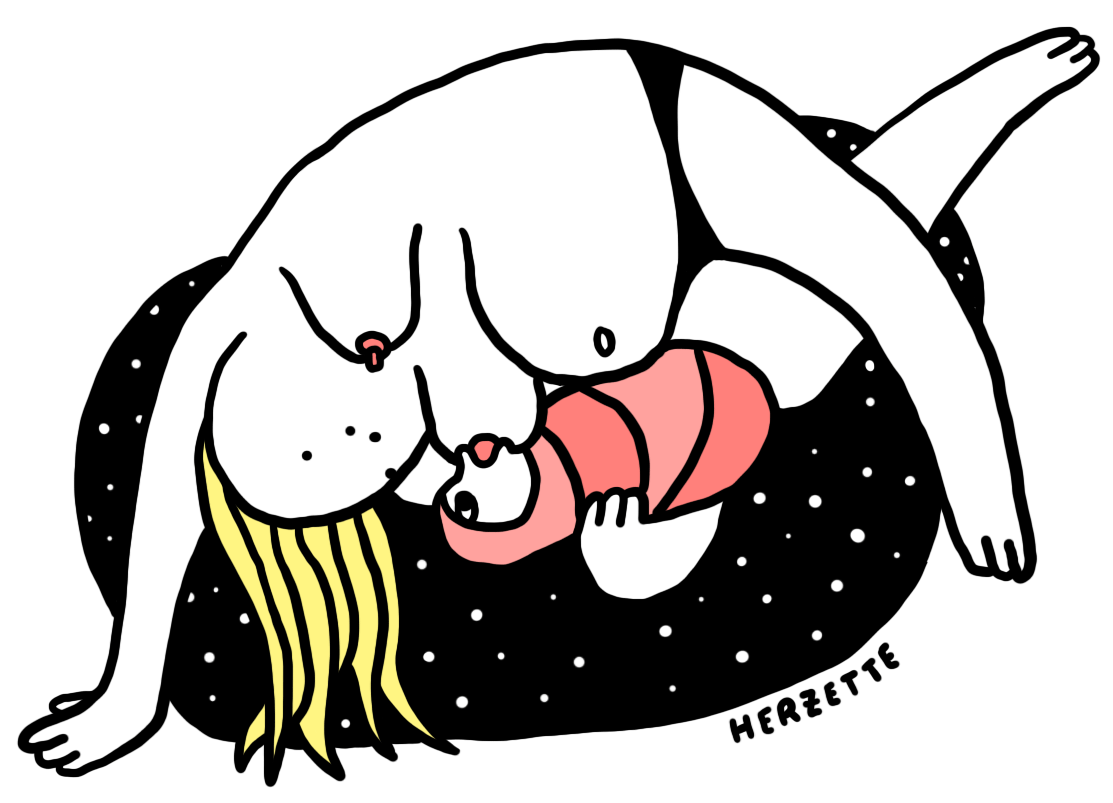
Reitz’ thoughts are delivered by fast-paced narration accompanied by the illustrations by the means of equally quick simple 2D animation and the striking, pulsating electronic score in the background.
Enter your name, email address and a message.
